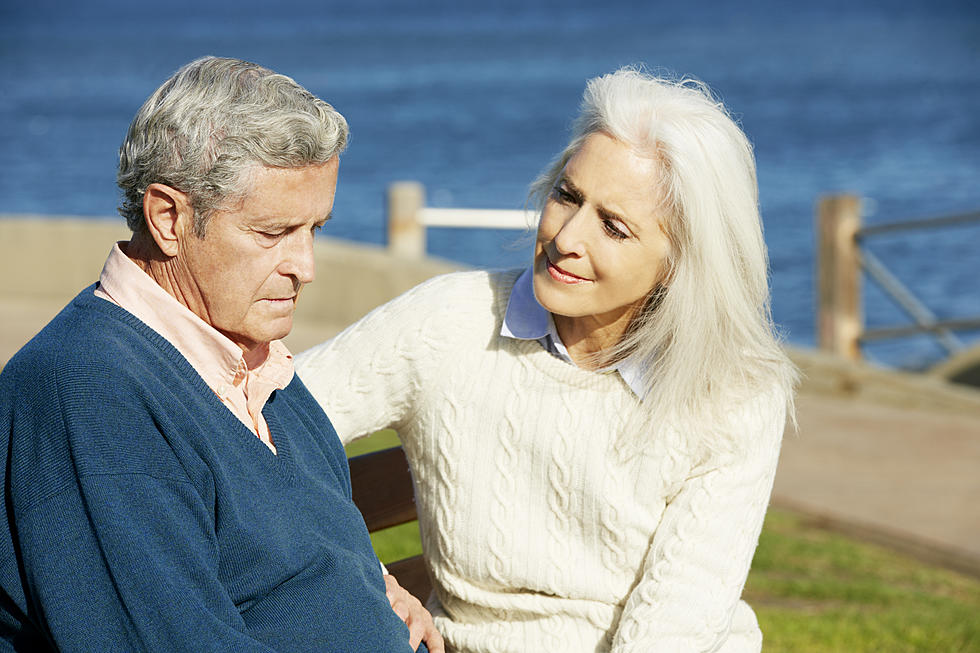
Depression in seniors: It’s real and not part of aging, NJ psychologist says
COVID-19 impacted everyone's mental health, including older adults. The two-year restrictions implemented during the pandemic forced many seniors to isolate themselves from their family and friends, causing anxiety and depression.
The signs of depression in older adults can often be confused with what people consider "normal" when it comes to aging, said Dr. Carrie Ditzel, a clinical psychologist at Baker Street Behavioral Health, Paramus.
For example, a sign of depression is feeling extremely fatigued, having poor sleep, poor appetite, concentration issues, feeling low and down, uninterested, and unmotivated.
She said these signs in a middle-aged active adult could be seen as red flags that there's something wrong, But in seniors, many just chalk it up to "part of the aging process."
"But it's never normal to feel lousy, no matter what age you are," Ditzel said.
Seniors respond very well to depression treatments, including talk therapy and medications. The difficulty comes in accessing those treatments in getting there, seeing someone, and finding providers, she added. It's not that they are not responding to treatment. It's that there are barriers to accessing the care and getting to the care.
Pre-pandemic, many people may have been feeling "blue" or struggling with a situation. But the additional stress from the pandemic put everyone over the edge, including seniors, Ditzel said. The isolation was stark for older adults forcing them to stay indoors and lose connections with others.
But now the issue is getting back to life, which is a challenge for many seniors, says Ditzel. Think about it. Many are retired. They don't have jobs to return to anymore. They don't have many places to go. Senior centers may still be cautious so heading out to social events may be challenging for them right now.
Restarting their lives after a pandemic is not automatic for them, she said. They need help.
"Older adults have to make that effort to get back out into the world and those of us who support them have to really watch and make sure they are doing that or facilitate it," Ditzel said.
It's important to help older adults break out of the post-COVID funk. She said the most important thing is to talk to them about the pandemic and the effects it has had on their lives. Let them know it's okay if they feel lousy.
But, the next thing is to help facilitate that motivation, where to go and get the older adults out and about and involved in social events. They may need to be convinced to go out, but keep trying.
If it's a challenge to get them out, maybe help them navigate technology. Set them up with Zoom so they can still feel connected to loved ones. This might help motivate them to get back out into the physical world.
"I'm always an advocate for talking help. Just recognizing it. Looking for those symptoms and talking about it with loved ones; that they may be struggling, and helping find small steps they can take, places they can go, things they can do, to get back out into the world," Ditzel said.
She encourages people to not forget about the older adults in their lives. It's crucial to pay attention to them. It's not normal for them to feel pain, physical or mental. Seek the help they need. Depression can be treated in older adults.
Jen Ursillo is a reporter and anchor for New Jersey 101.5. You can reach her at jennifer.ursillo@townsquaremedia.com
Click here to contact an editor about feedback or a correction for this story.
These are the best hiking spots in New Jersey





